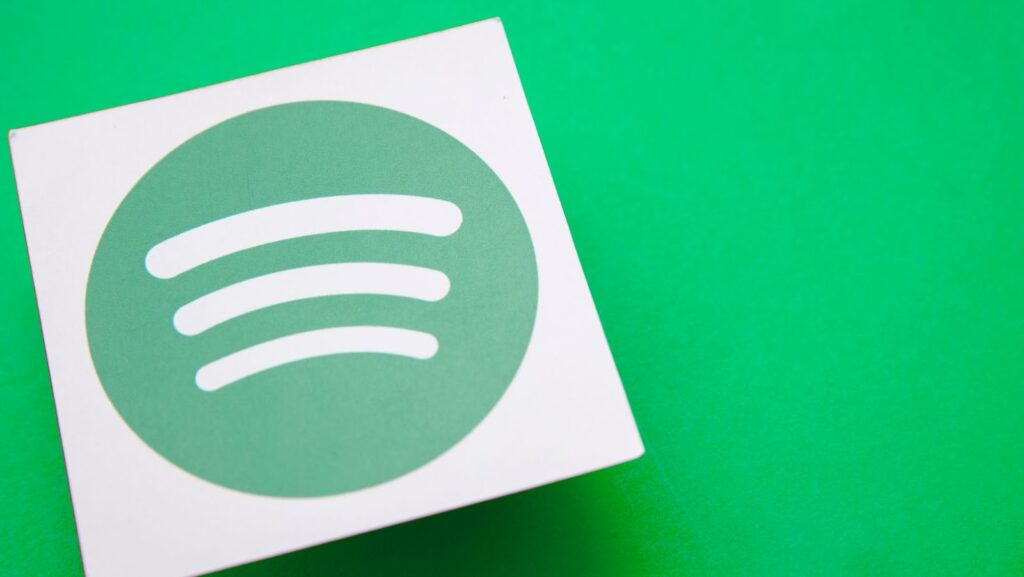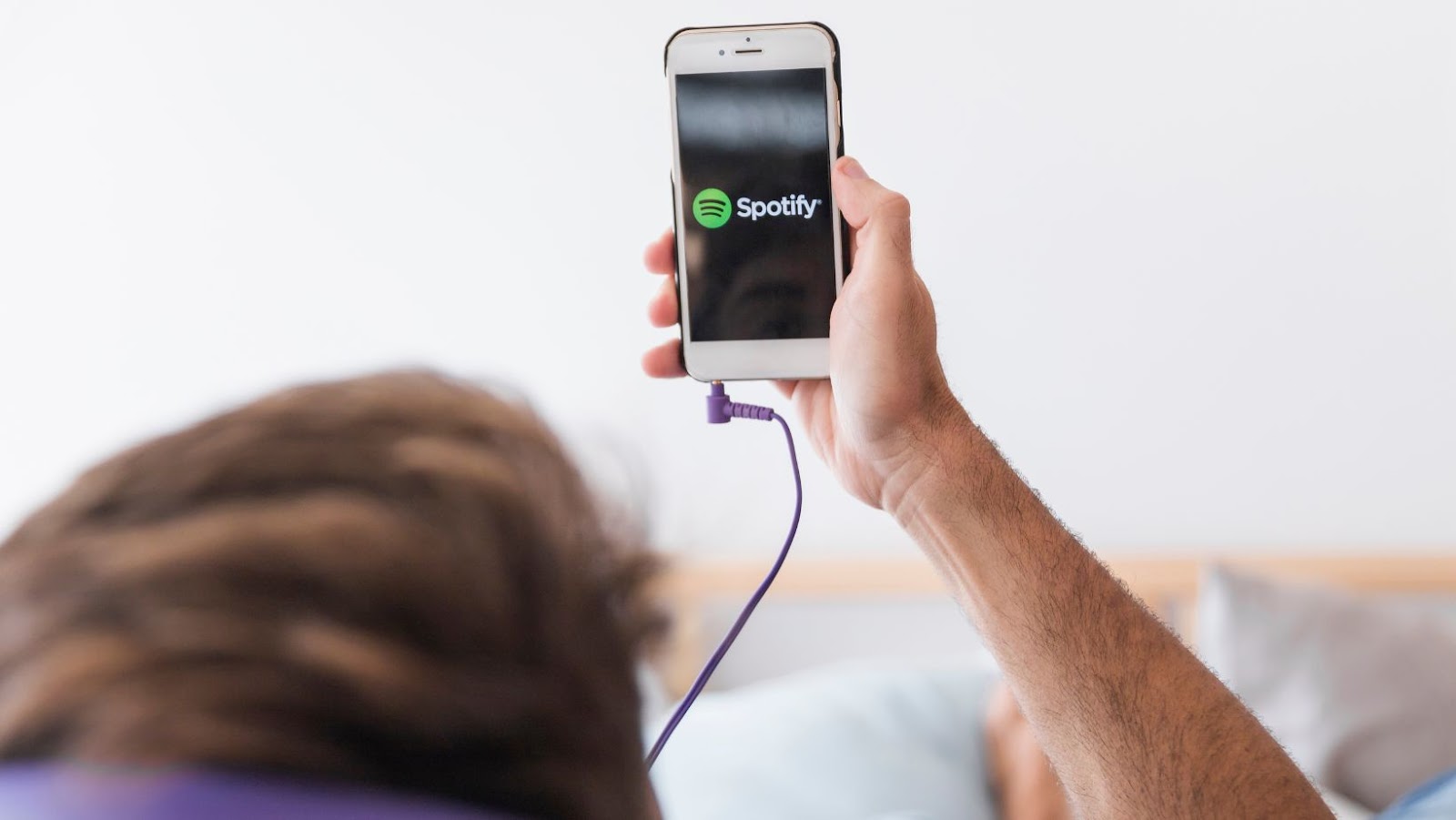
In March 2021, Spotify removed thousands of pioneering comedy albums from its streaming service. This surprising move caused widespread confusion among comedians, industry professionals and fans, with many questioning why the company would remove so much material when it has been making strides in the podcast industry.
This article will examine why Spotify removed these audio works from its streaming service. We will explore the complex implications of this decision for comedians who rely on their music for income and lasting legacies in the entertainment industry. We will also discuss how this move highlights a need for better copyright protections and an alternative streaming model that provides more protection to independent content creators. Finally, we will investigate whether or not other services such as Apple Music or YouTube are likely to follow suit in taking similar steps to remove works from their platforms.
Background
Recently, Spotify announced that it had removed several pieces of stand-up comedy material from its streaming service. This was done to align with its publicly stated position of not promoting hate speech or inappropriate content. This decision left many comedians reeling, which meant their work would no longer be distributed through the popular streaming service.
Let’s examine the reasoning behind this decision and its implications.
Rise of streaming services
The rise of streaming services such as Spotify and Apple Music has been a major turning point for the music industry. With more people opting for this type of on-demand listening, these online music companies have revolutionised how we access our favourite tunes. Streaming services allow users to listen to virtually any song recorded anytime and anywhere, making them immensely popular with music fans. In 2015, according to the IFPI Global Music Report, streaming services accounted for 56% of all global recording industry revenue.
As streaming has become increasingly popular and commonplace, other forms of entertainment have begun to make their way onto these services. For example, Spotify and other companies now offer audio versions of podcasts and comedy acts to provide users with more content than music. However, this raises some ethical issues regarding how these comedians are compensated for their work. Recently, Spotify removed some comedy bits from its streaming service after allegations that these works were not fairly compensated or properly credited; leading members of the comedy community to take a stand against these practices.
Spotify’s entrance into the streaming market
Spotify entered the music streaming market in 2008 with a mission to provide access to a vast catalogue of music for users worldwide. It quickly became one of the most popular streaming services, and now boasts more than 320 million active users. As a result, Spotify has had to negotiate licensing agreements with record labels to obtain rights to the millions of tracks they offer and expand its services into video, podcasts and spoken audio content.
The launch of their Comedy genre page in 2017 saw it become one of their major accelerators in growth; by 2020, there were over 400 million comedy streams on Spotify each month. This exponential growth within such a short period led to celebrities like Joe Rogan signing exclusive podcast deals with the company worth $100m (£75m).
Many comedians took advantage of this moment and sought raises from licensed record labels or new partnerships with other streaming services such as SiriusXM or Pandora offering better rates. In response, Spotify in 2019 implemented a controversial policy change requiring those who licensed their content through third-party labels – which most comedians do – to provide signed deals or agree on revenue-share arrangements with them instead.

While this strategy put their artists at an advantage for earning more royalties from sales, it also meant that hundreds of stand-up specials from independent comedians were removed from Spotify without warning – including Eddie Pepitone “In Ruins” and Billy Wayne Davis “I Don’t Get Out Much”. The sudden removal caused widespread outrage among comedians who accused Spotify of taking away work that could have been valuable sources of income due to their low upfront payments when contracts are signed.
Spotify Removes Some Comedians’ Work From Streaming Service
In June 2020, Spotify removed some of the work of comedians such as Daniel Tosh, Louis CK, Chris Rock and other big names from their streaming service. This move raised a lot of questions in the comedy community and beyond. What motivated Spotify to make this decision? What will be the consequences of this decision?
This article will explore the answers to these questions and discuss the implications of Spotify’s decision to remove some of the work of comedians from their streaming service.
Explanation of Spotify’s decision
Recently, Spotify announced that it would be removing comedy albums from its streaming service. This was in response to pressure from the comedians whose works have been used without their permission and compensation for many years.
Spotify’s decision to remove these comedy albums is based on the fact that certain types of musical recordings may be subject to copyright infringement claims or disputes between rights owners and artists with whom they do not have a direct licensing agreement. Since some of the streamed works belonged to comedians who had already voluntarily given away their material or been distributed by established labels, Spotify chose to take this preemptive action to proactively protect itself from possible legal issues.
Spotify is also interested in protecting its users and consumers and upholding certain community values and standards by ensuring only content that has been appropriately licensed is available for streaming. Through this move, Spotify is trying to ensure it meets all legal obligations in providing content through its streaming service and remains within its terms of use agreement.

Additionally, Spotify has stated that it will strive to continue working with both comedians and record labels so that users can continue enjoying comedy albums streamed on their platform. For example, they’ve mentioned they are now negotiating new terms with labels to continue offering comedy content while properly compensating the performers behind them.
Reasons for the removal
Spotify recently removed hundreds of comedy albums from its music streaming service. The company explained that it was removing the material because it did not meet its “content policy standards”.
Removing songs and albums containing material that some may find offensive has been a growing source of tension for Spotify in recent years. One of the main reasons for this decision is because such content could be viewed as lacking a neutral point of view or be considered hateful or discriminatory. Additionally, some considered this type of content to include sexual jokes, racist comments and derogatory language, which further questioned whether this type of content was appropriate to have on the streaming platform.
In addition to potential claims arising from such content on its platform, Spotify also had to consider copyright infringement risks as many songs and albums contained uncleared material. As a result, Spotify feared potential financial ramifications should claims arise due to playing infringing content on its platform without seeking proper clearance from rights holders or artists.
These considerations ultimately resulted in Spotify opting to remove comedians’ work from their streaming service to avoid legal infringement issues or liability concerns.
Impact of the Removal
Spotify’s recent decision to remove some of the work of comedians from their streaming service has sparked a heated debate about the power of corporations over the arts and the impact of that decision on the careers of the affected comedians. Consequently, it is important to discuss the impact of the removal and its implications.
Impact on comedians
Removing some material from Spotify’s streaming service has significantly impacted comedians, as the platform was a major source of income for many. The lost revenue could be particularly hard-hitting for those who rely solely on their comedy career to make a living.
The action taken by Spotify highlights the problem of copyright infringement and how it affects those who create content for digital platforms. It also serves as a reminder that companies need to stay within the confines of copyright law when using artists’ work – even if they are not intending to profit directly from its use.
Additionally, this incident’s controversy underscores the importance of protecting both creators and copyright holders in our digital age. It also has highlighted potential issues around algorithmic censorship, and raised questions about whether automated systems are an effective way to monitor and enforce copyright violations.

While there is no easy answer to the issues raised by this event, it is clear that more needs to be done by all parties involved – creators, publishers, and platforms alike – to ensure fair compensation and protection for all involved.
Impact on streaming services
Removing content from streaming services is significant because it affects the livelihood of performers, label owners, and others involved in the music industry. In addition, it can be highly damaging to established and emerging artists when streaming services remove or not stream content on their platform.
The removal of almost three dozen comedians’ work from Spotify shows that even if someone doesn’t have a big corporate sponsor behind them, they are still vulnerable to censorship. This could lead to streaming services not playing certain content based on their opinions or beliefs instead of what the public wants to hear.
This ripple effect throughout the music industry as established artists become more aware of potential censorship issues. Because smaller up-and-coming performers rely heavily on digital platforms for exposure – and untimely money – this could substantially affect their income and prevent them from being able to afford touring. Performing opportunities like bigger artists have in their favour.
It could also lead labels, who typically play safe by sticking with signed artists under publicised names when deciding which artist to invest in and promote more extensively. Finally, this could push people away from digital streaming platforms altogether due to fears about censorship. Ultimately, depending on how frequently similar situations occur for the music industry will have lasting consequences that span wider than just single comedy album releases being removed from one service.
tags = royalty payments on comedic material sidelines, spotify removed the work of hundreds of comedians, global rights administration company, spotify mulaney hart spoken giantssteele streetjournal, mulaney kevin hart giantssteele wall streetjournal, john kevin hart spoken giantssteele streetjournal, spotify kevin hart giantssteele wall streetjournal, mulaney hart spoken giantssteele wall streetjournal, john kevin hart giantssteele wall streetjournal, spotify mulaney kevin giantssteele wall streetjournal, spotify mulaney hart giantssteele wall streetjournal, kevin hart spoken giantssteele wall streetjournal, spotify john mulaney spoken giantssteele streetjournal, hundreds of comedians whose work was removed, streaming platform amid a dispute over royalties and copyright






